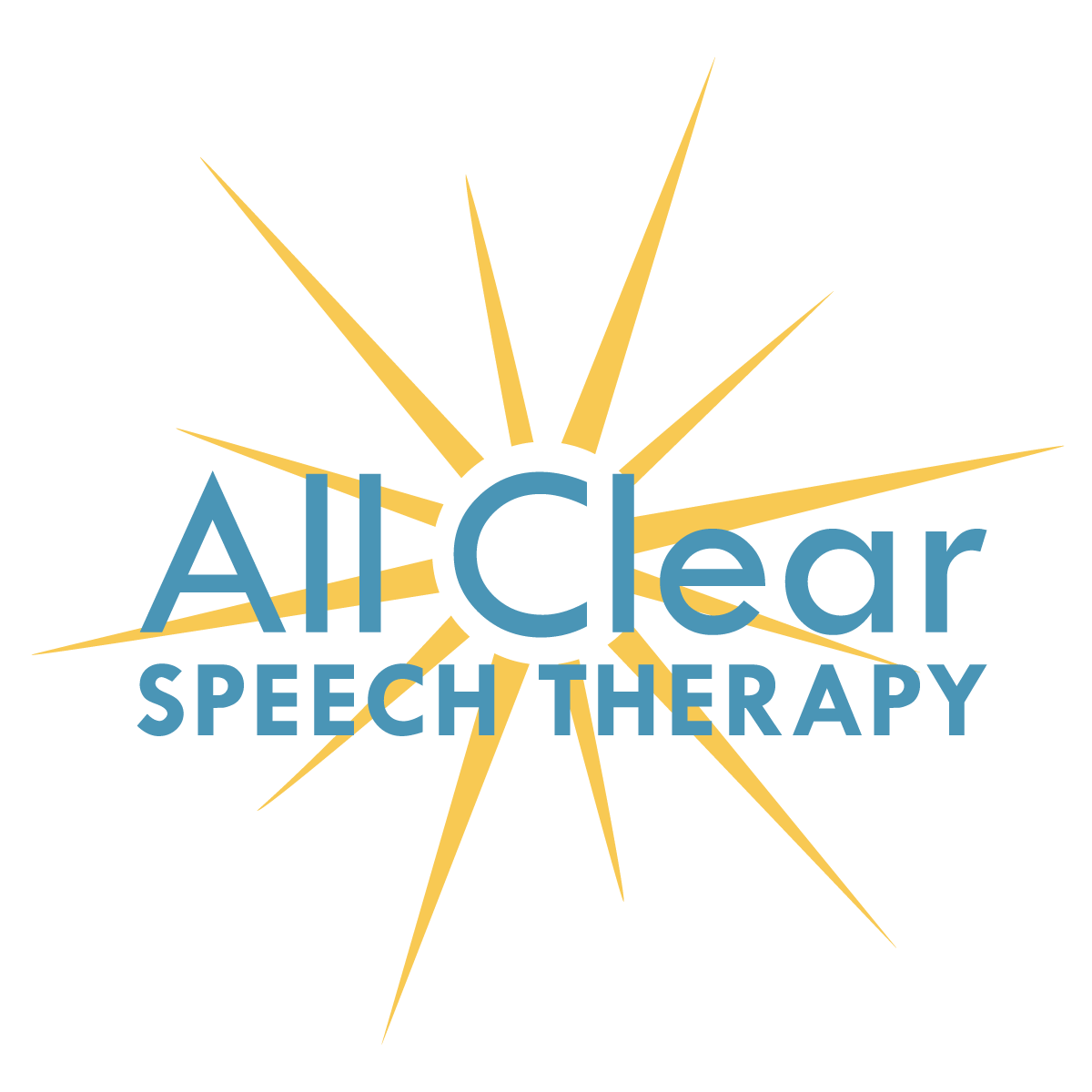Our Austin speech therapy focuses on improving your child’s pronunciation of speech sounds. While pediatric speech therapy often focuses only on the surface symptoms and fixing a particular sound, we identify the underlying causes of incorrect sounds and garbled speech and thus can correct speech sounds efficiently so that your child doesn’t have to suffer through years of unclear speech and academic and social issues.
Your child does not have to struggle through years of unclear speech when its underlying causes are discovered and addressed.
our services
phone screenings
We offer a free 20 minute phone consultation to answer all your questions regarding your child’s communication difficulties and to determine if an in-person evaluation and/or speech therapy would be appropriate. Click here to schedule your session.
Evaluations
Prior to scheduling speech therapy sessions, it is generally necessary to complete a diagnostic evaluation of your child’s communication skills, which includes a standardized assessment, informal conversation and/or play (depending on the age of the child), and your providing detailed developmental and health history information. This in-depth evaluation is key to accurate diagnosis of your child’s communication issues and precisely determining appropriate short-term and long-term goals for treatment.
speech therapy
Our speech therapy sessions are generally 30-45 minutes 1-2 times weekly and address your child’s specific needs. Below are some of our areas of expertise:
Articulation: Children who have difficulties in pronouncing particular sounds, such as “r”, “s”, “sh”, “g”, “k”, among others, are generally appropriate for this type of treatment. Even if your child has been through speech therapy before and still has difficulties with certain sounds, we can very likely help him finally produce those sounds correctly. This is because at All Clear Speech Therapy we are specialists in addressing underlying stability issues which can be contributing to persistent misarticulations.
Dysarthria: Genetic disorders, physical or neurological injury can result in speech which is difficult to understand. We are experts in improving clarity of speech in these cases via increasing the functional stability of the oral mechanism while practicing sounds in words, sentences, and conversation, deploying a variety of evidence-based therapy techniques.
Orofacial myofunctional/Tongue Thrust, Tongue-Tie, etc: Children over the age of 4 who consistently breathe with their mouths open , keep their tongues resting on or between their front teeth, and display increasing misalignment of teeth may be presenting with a tongue thrust, known formally as a myofunctional disorder. This includes an abnormal swallowing pattern which is likely not as obvious to the untrained eye. These children also frequently mispronounce “s” and “z” sounds and will have difficulties in correcting those sounds if the posture and tone of the orofacial musculature is not improved first.
Phonological processing: Children who are highly unintelligible to strangers but easily understood by close family members are generally using reliable patterns of sound replacement, called phonological processes. In these cases, traditional articulation therapy will be ineffective. Using evidenced-based techniques specifically tailored to your child’s needs we can efficiently transform a very frustrated child into a joyful and clear communicator.
Late talkers: Although there is a normal range for children beginning to use words, children who are delayed beyond that normal range can become highly frustrated, display negative behaviors, and experience later difficulties when learning to read and write. Addressing these delays in communicative development early can greatly improve the child’s later success and quickly reduce frustration for both parents and kids as communication skills improve.
Expressive and receptive language: If your child has difficulties in putting words together in sentences, explaining past events, or following instructions even when completely focused on what you are saying, he may have a language delay or disorder. We have a decade of experiencing treating this common issue and we can help your child improve, too!
Bilingual speech and language services: Diagnosing and treating communication disorders in bilingual and multilingual speakers is a complex process, as it must be determined whether the child is experiencing the typical difficulties everyone encounters when speaking a language which is not native to them or whether the communication difficulties are due to a speech or language disorder. At All Clear Speech Therapy, we are both bilingual ourselves and experts in diagnosing and treating speech and language disorders in the bilingual population. Click here to learn more about our services in Spanish.
Voice: Children who are always hoarse or lose their voices frequently may be suffering from a voice disorder. In consultation with an otolaryngologist (ENT), we can assist your child in improving vocal care and quality.
Stuttering: Frequent repetitions of sounds, syllables and words that interfere with communication and lead a child to become frustrated and embarrassed and to speak less, change what he wants to say, or to avoid talking in certain situations are usually indicative of stuttering. We can help your child resolve these difficulties by learning to speak more fluently and helping her to gain confidence with and positive associations with speaking.
Banner photo “EagleBrook-School-Garden-New-Students-Arrive-201420140910_6937” by EaglebrookSchool. Some Rights Reserved. License.
Main content photo “Grace” by Philip Dean. Some Rights Reserved. License.


